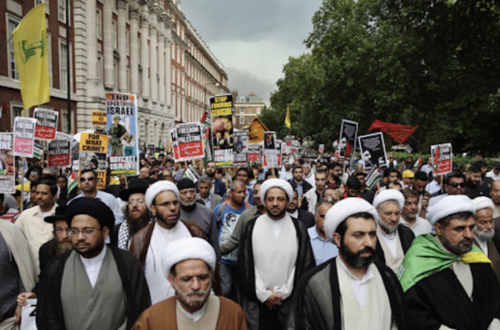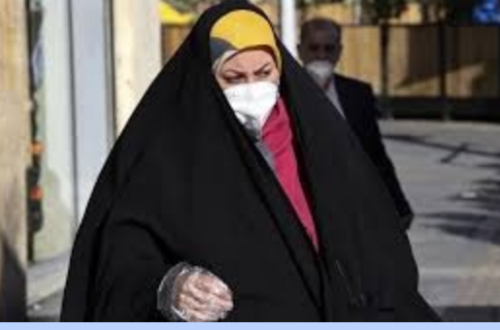In the wake of reports that Iranian opposition leaders Mousavi and Karroubi have been arrested, anti-regime demonstrators have once again taken to the streets of Tehran and other cities. (See liveblogging at Tehran Bureau and EA WorldView.) As usual, security forces are responding as you would expect under a repressive regime.
Of course it would be foolish to believe that the Iranian regime will collapse due to this or any other single day of demonstrations. But writing at Tehran Bureau, Muhammad Sahimi makes an important point:
[W]hereas the security/intelligence units of the IRGC [Revolutionary Guard] succeeded in the past in quickly putting down demonstrations, they have not been so successful since the 2009 election. The reason is that, unlike what some Iranians — both in the diaspora and in the regime — liked to believe, the confrontation between the hardliners and the Green Movement is not a sprint, but a marathon. It is a war based not on shock and awe and quick results, but on attrition. Those who stand last will win the confrontation.
As the experience in many countries, including the 1979 Revolution in Iran, has demonstrated, the security/intelligence apparatus can hardly win a war of attrition. There are several reasons why this is so.
First, ever since the 2009 election, even the most minor issue has been viewed by the hardliners as a security problem. This has meant that the Guard high command has had to keep its personnel on high alert all the time, which is tiring and demoralizing.
Second, as the war of attrition continues, more violence is bound to happen that, on the one hand, radicalizes a certain portion of the protestors and, on the other hand, begins to create doubts in the minds of some of the security/intelligence personnel about the legitimacy of what they are doing to the people.
Third, as the February 14 marches indicated, in addition to Tehran, the demonstrations may now occur in other cities around the country. This means that each city needs its own security forces to be on alert, and the plainclothes security agents cannot be easily and quickly transferred from one city to another, and in particular to Tehran. Therefore, the question may no longer be how to control Tehran, rather how to control multiple cities.
It’s a cumulative process; each day of demonstrations strengthens the opposition and weakens the regime, if only just a little. At some point, I’m convinced (and I hope sooner rather than later), the whole rotten edifice of the Islamic Republic will come crashing down.


